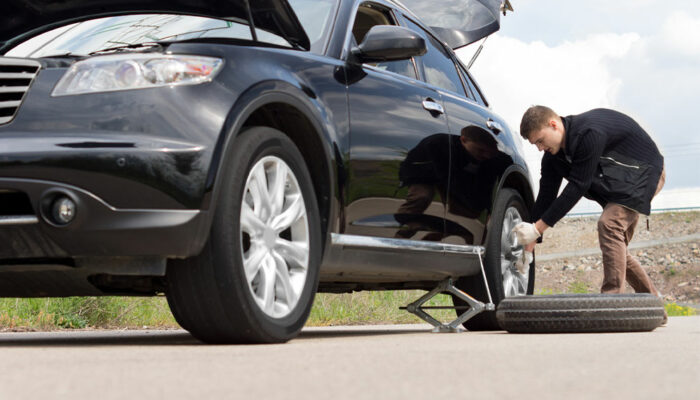
Overactive bladder – Causes, symptoms, and management
Overactive bladder, or OAB, is when one feels a persistent, uncontrollable urge to pass urine. Often, people with this disease choose to stay away from social situations because of the embarrassment involved. But the good news is that identifying this problem early on can help treat it on time and prevent it from escalating. Doctors usually suggest a combination of medical interventions and lifestyle changes. Here is everything one should know about OAB:
Causes and triggers of overactive bladder
– Diabetes
High blood sugar can damage the urinary tract nerves, which culminates in bladder problems. So, people with diabetes are highly prone to overactive bladder.
– Neurological disorders
Often, loss of control over urination can happen because of an underlying nerve, brain, or spinal cord problem. People with disorders like Parkinson’s disease and multiple sclerosis may suffer nerve damage, which can cause or worsen OAB.
– Bladder stones
Bladder stones or tumors and infections of the bladder can increase one’s risk of OAB because the bladder’s normal functioning is severely affected in many of these cases.
– Certain treatments
Sometimes, treatments for certain other diseases may trigger an overactive bladder, a side effect of the intervention.
Symptoms of overactive bladder
– Urgency incontinence
Urgency incontinence is when one feels a sudden urge to urinate, after which one may experience an involuntary urine leak.









